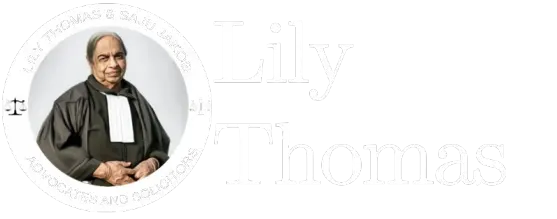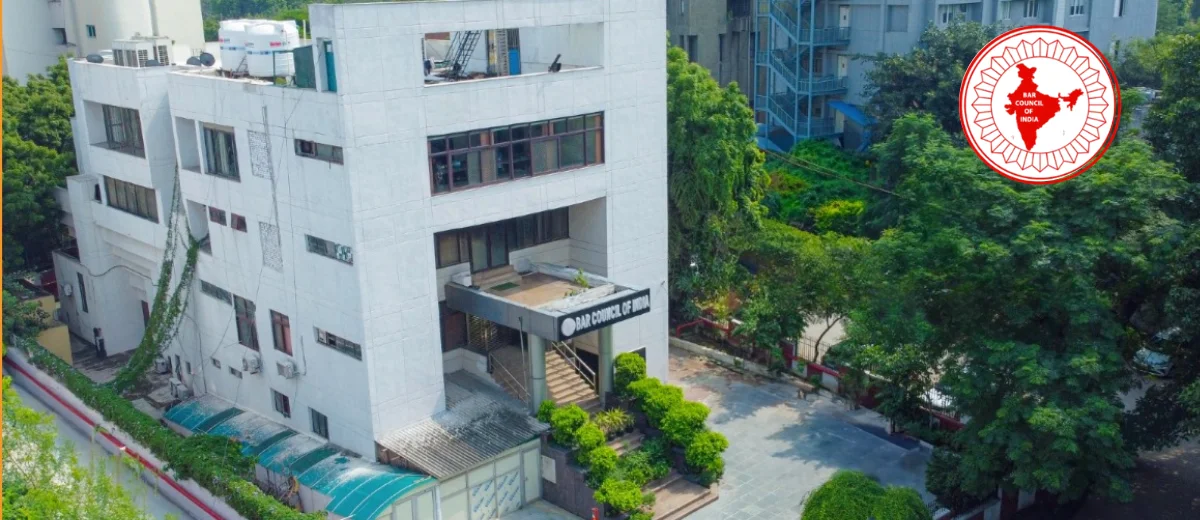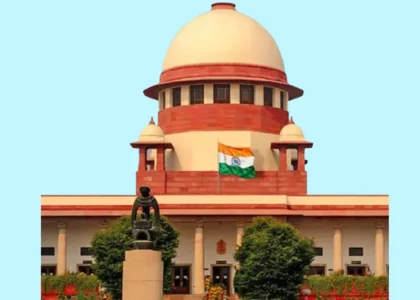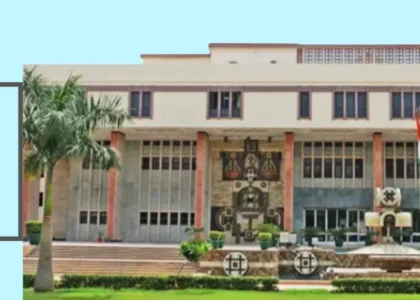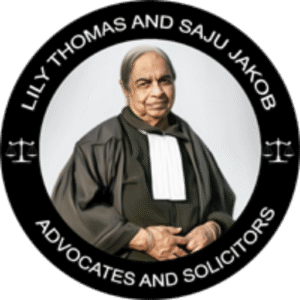Date: – 14.11.2025
The Bar Council of India (BCI) has notified the Bar Council of India Rules on 14.11.2024 for enrolment and Practice of Foreign Nationals, 2025, in the Official Gazette, with the rules set to come into force on a date to be separately notified. These rules govern the conditions under which non-Indian nationals may practice law in India, whether they possess an Indian law degree or a foreign degree. A key prerequisite is reciprocity. Foreign nationals can be considered for enrolment only if India’s citizens are allowed to practice law in that foreign national’s home country on substantially equivalent terms.
Under the rules, foreign nationals holding an Indian law degree may register only for non-litigious practice, limited to advisory, consultancy, documentation, and transactional work. They are barred from any right of audience before courts, tribunals, authorities or quasi-judicial bodies. Those without an Indian law degree cannot practise Indian law at all and may only advise on foreign law, international law, or international commercial arbitration under the BCI’s 2022 Framework for Foreign Lawyers (as amended in 2025). The rules also clarify that nothing affects a court’s discretionary power under Section 32 of the Advocates Act, 1961 to permit appearance by a non-advocate in a specific case.
The framework imposes strict restrictions on membership and representation. Foreign nationals cannot become members of any Bar Council or Bar Association, vote in elections, hold office, or represent any such body. They will receive a distinct enrolment ID in the format FNR/State Code/Year/Serial No., and their certificate will explicitly state that they are authorised only for non-litigious practice. They are barred from legal aid panels, government empanelments, judicial services, and welfare schemes unless specifically authorised by the BCI with Central Government approval. A valid visa or work permit authorising legal work is mandatory.
Foreign nationals are bound by the same professional conduct standards as Indian advocates and fall within the disciplinary jurisdiction of State Bar Councils and the BCI. Their registration may be suspended or cancelled for loss of reciprocity, visa expiry, misconduct, fraud, or directions of the Central Government on grounds such as national security. The BCI reiterated that these rules do not dilute the statutory rights of Indian advocates under the Advocates Act, 1961. The development comes months after the BCI updated rules regulating foreign law firms’ non-litigious practice and recently warned against Indian–foreign law firm tie-ups that could be used to bypass regulatory restrictions.

